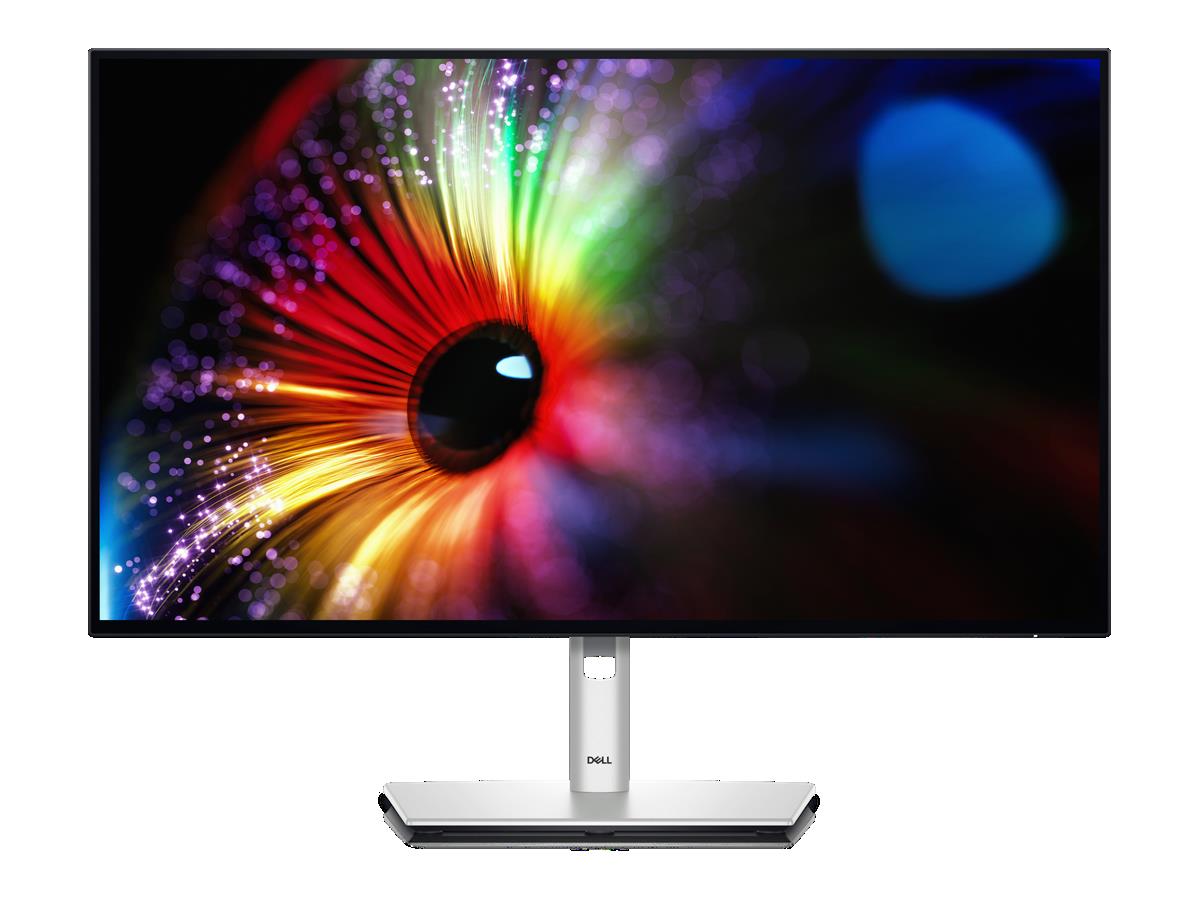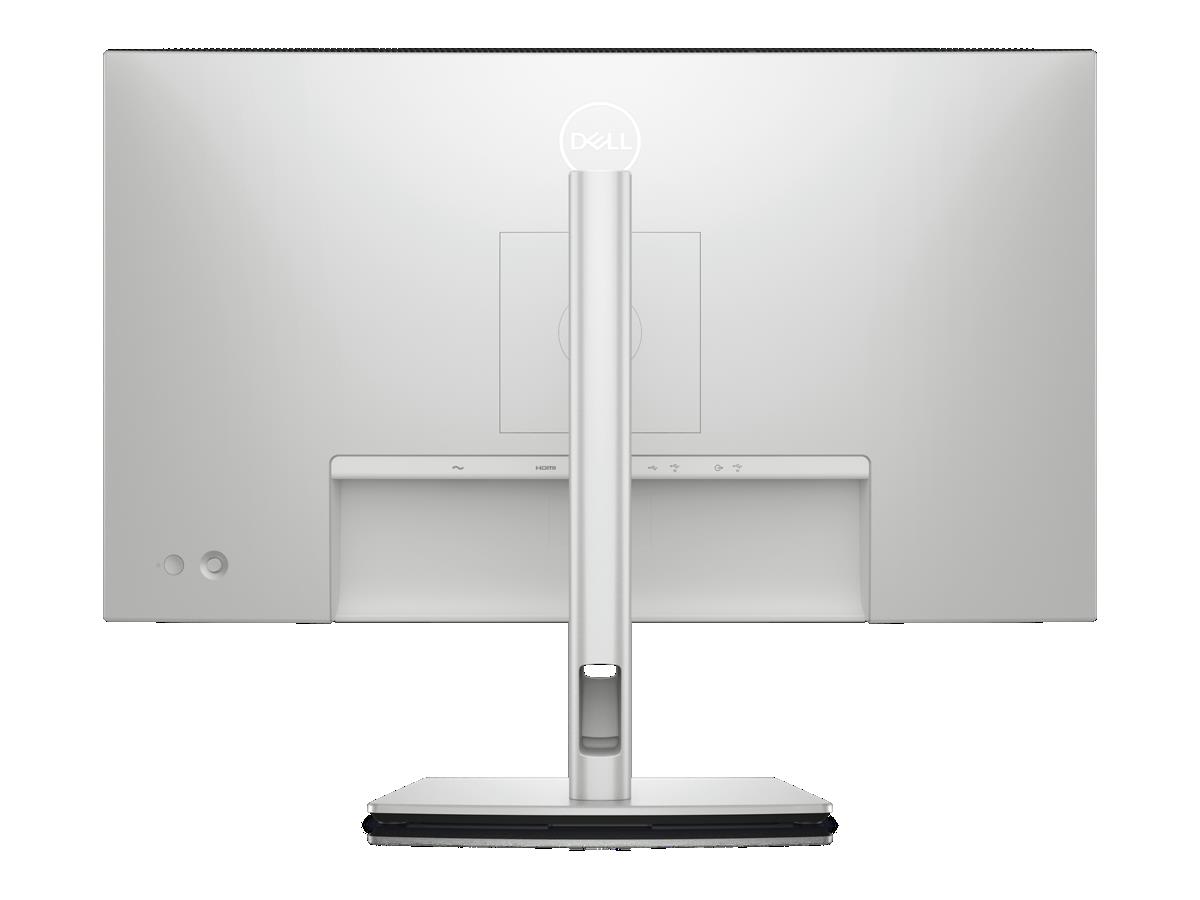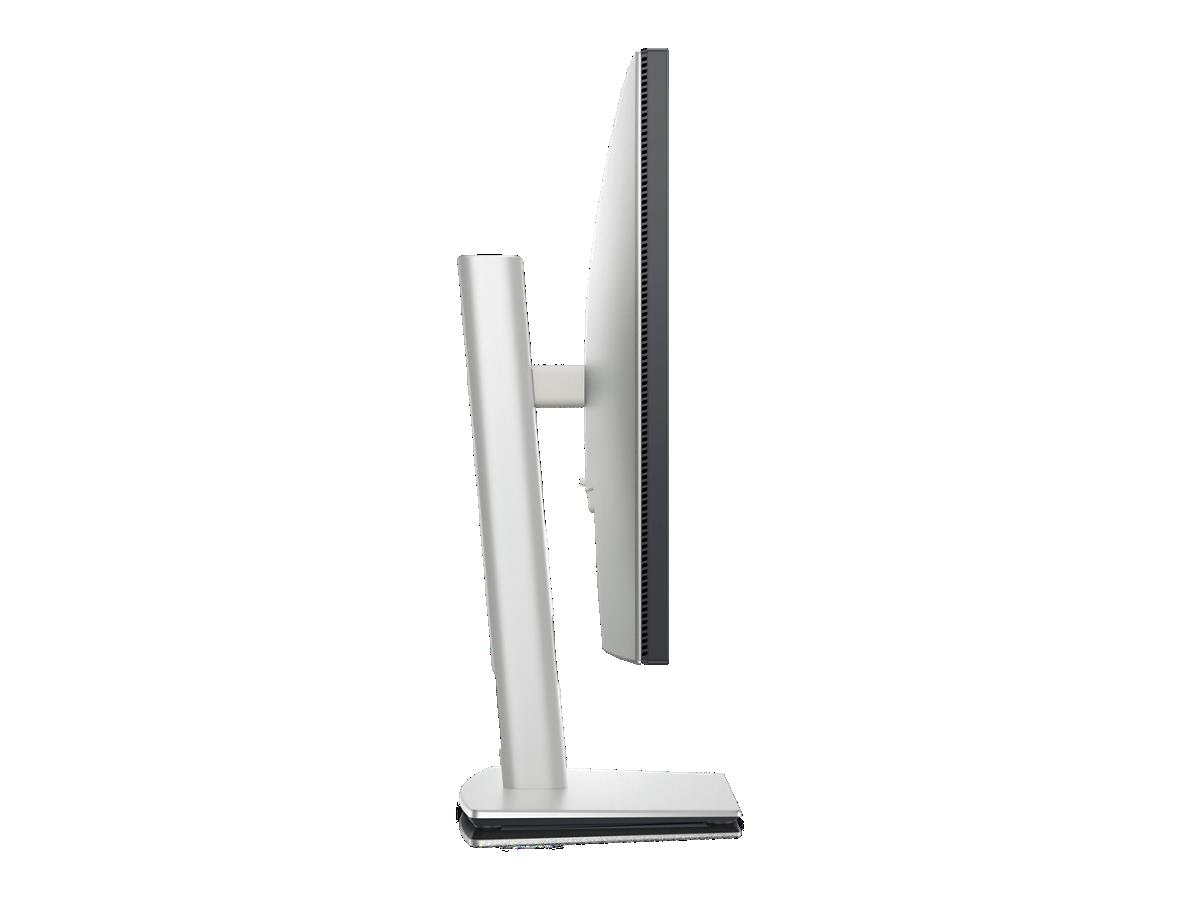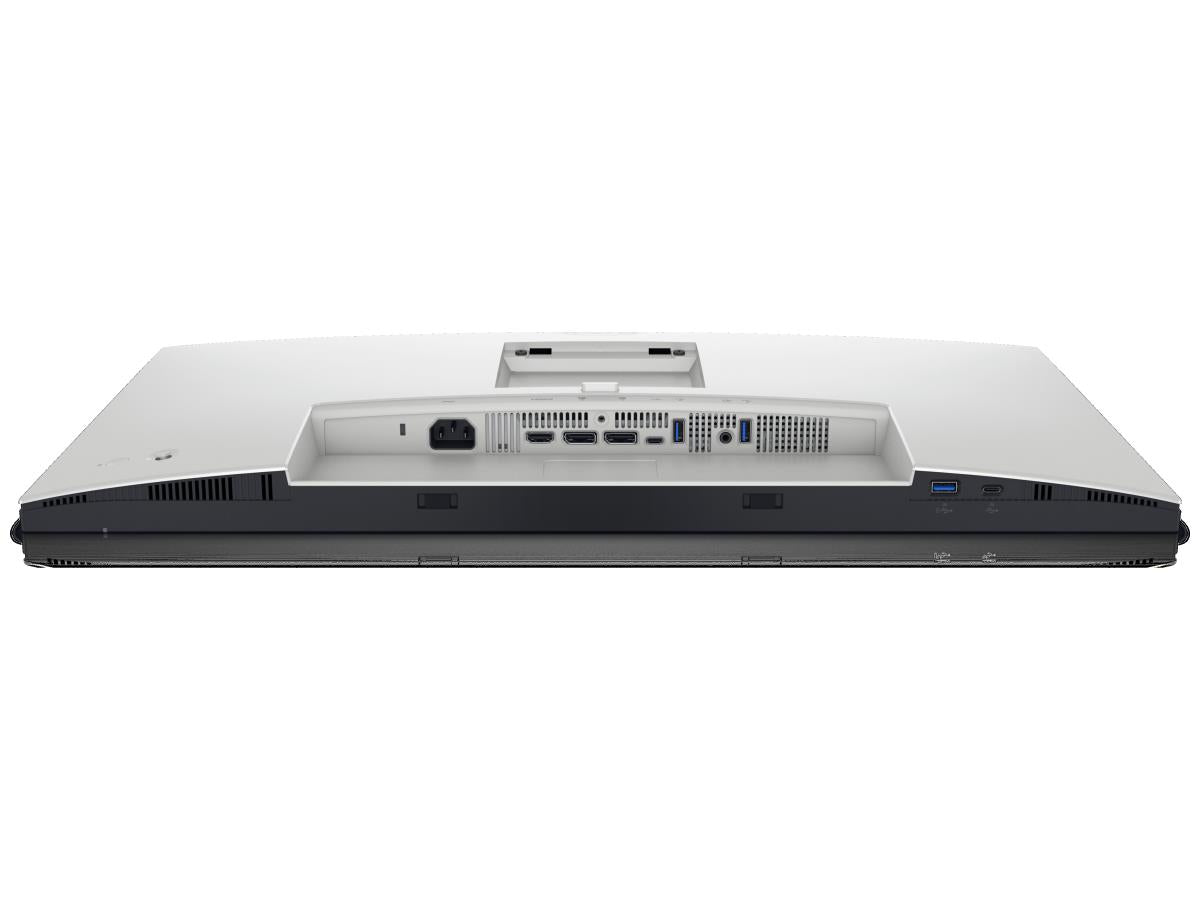DELL ULTRASHARP 27 MONITOR - U2724D
DELL ULTRASHARP 27 MONITOR - U2724D
Couldn't load pickup availability
Deep Contrast & Smooth Motion: Dell UltraSharp 27 Monitor (U2724D)
The Dell UltraSharp U2724D is a game-changer for professionals, delivering the best of both worlds: extreme clarity and motion fluidity. This 27-inch monitor features QHD (2560 x 1440) resolution and the next-gen IPS Black panel, which dramatically boosts the contrast ratio to 2000:1 for richer, deeper blacks than standard IPS. With a smooth 120 Hz refresh rate and full Adaptive Sync (VRR) support, it's the first UltraSharp that feels as good for gaming as it is for color-accurate work.
⭐ Highlights
⭐ Highlights
27-inch QHD (2560x1440) Resolution | IPS Black Panel (2000:1 Contrast Ratio) | 120Hz Refresh Rate (New for UltraSharp) | 5-Star TÜV Rheinland Eye Comfort Certified | Integrated USB 3.2 Gen 2 Hub (10Gbps Data + DP Out)
⚙️ Specifications
⚙️ Specifications
Monitor Screen Size in: 27 inches
Monitor Resolution: 2560 x 1440 (QHD)
Monitor Aspect Ratio: 16:9
Monitor Panel Type: IPS Black Technology
Monitor Refresh Rate Hz: 120 Hz (Supports Dynamic Refresh Rate)
Monitor Response Time ms: 5 ms (Fast) / 8 ms (Normal)
Monitor Adaptive Sync: Adaptive-Sync (VRR support up to 120Hz via HDMI 2.1)
Monitor Peak Brightness Nits: 350 nits
Monitor HDR Certification: No
Monitor Connectivity: 1x DisplayPort 1.4 (In), 1x HDMI 2.1 (VRR Supported), 1x DisplayPort 1.4 (Out for Daisy-Chain), 1x USB-C Upstream (Data Only, 10Gbps), 3x USB-A Downstream (10Gbps)
Monitor Ergonomics: Height Adjust (150mm), Tilt, Swivel, Pivot, VESA 100x100mm
Share
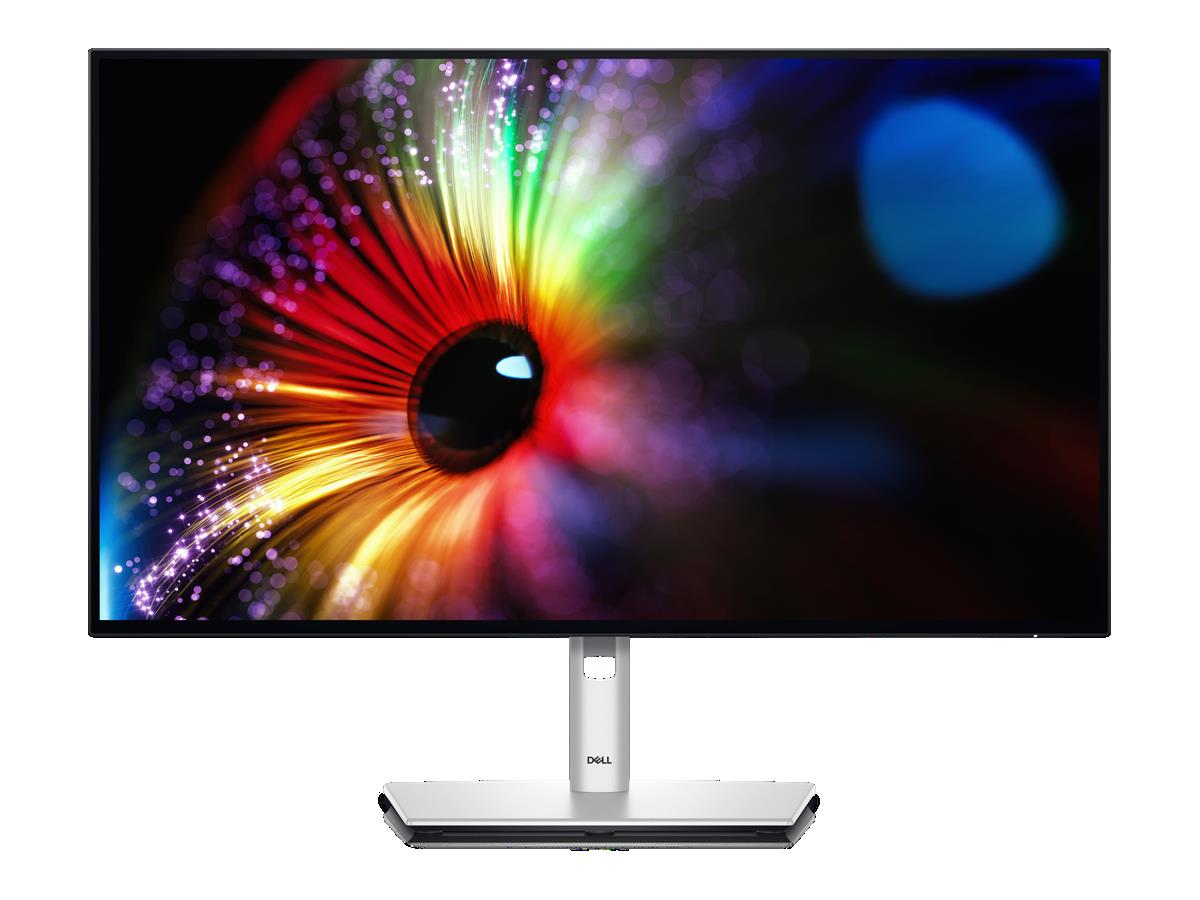
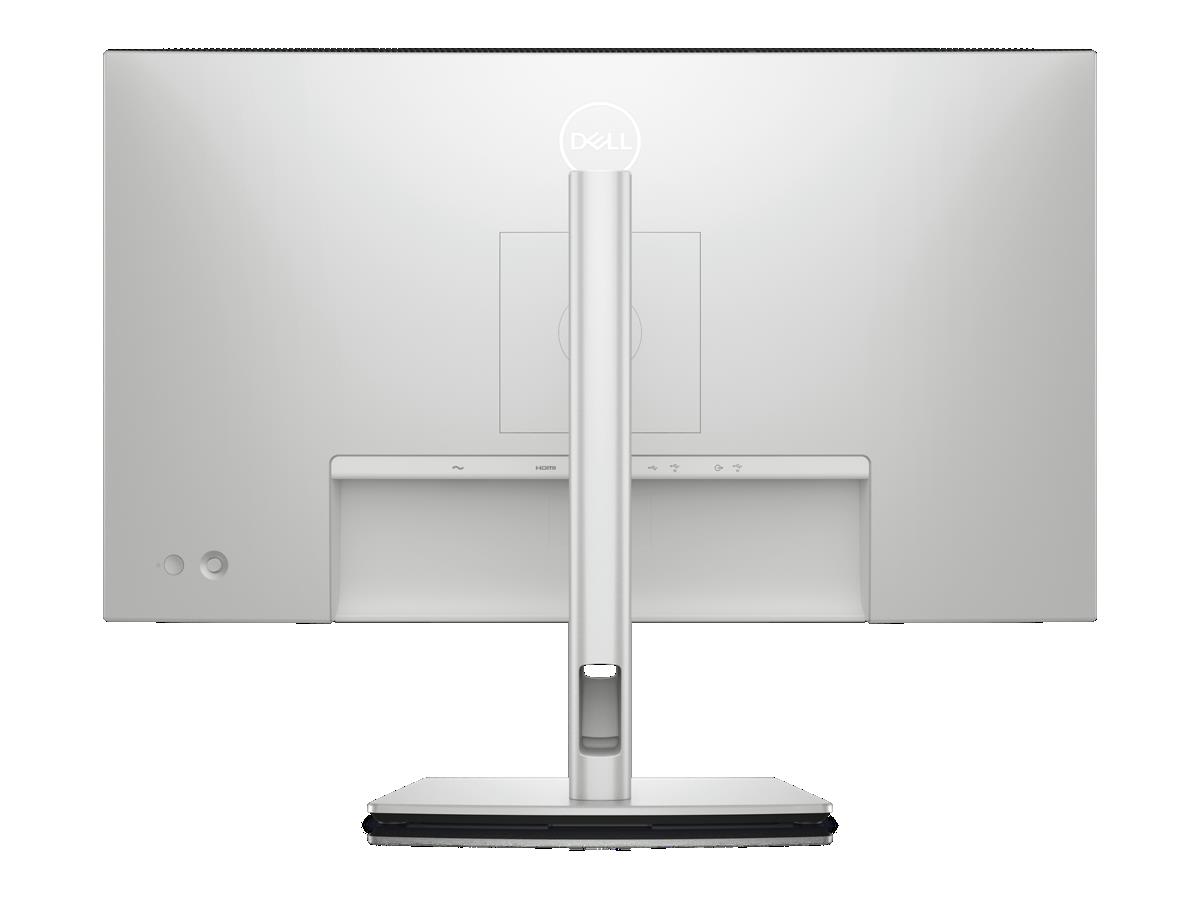
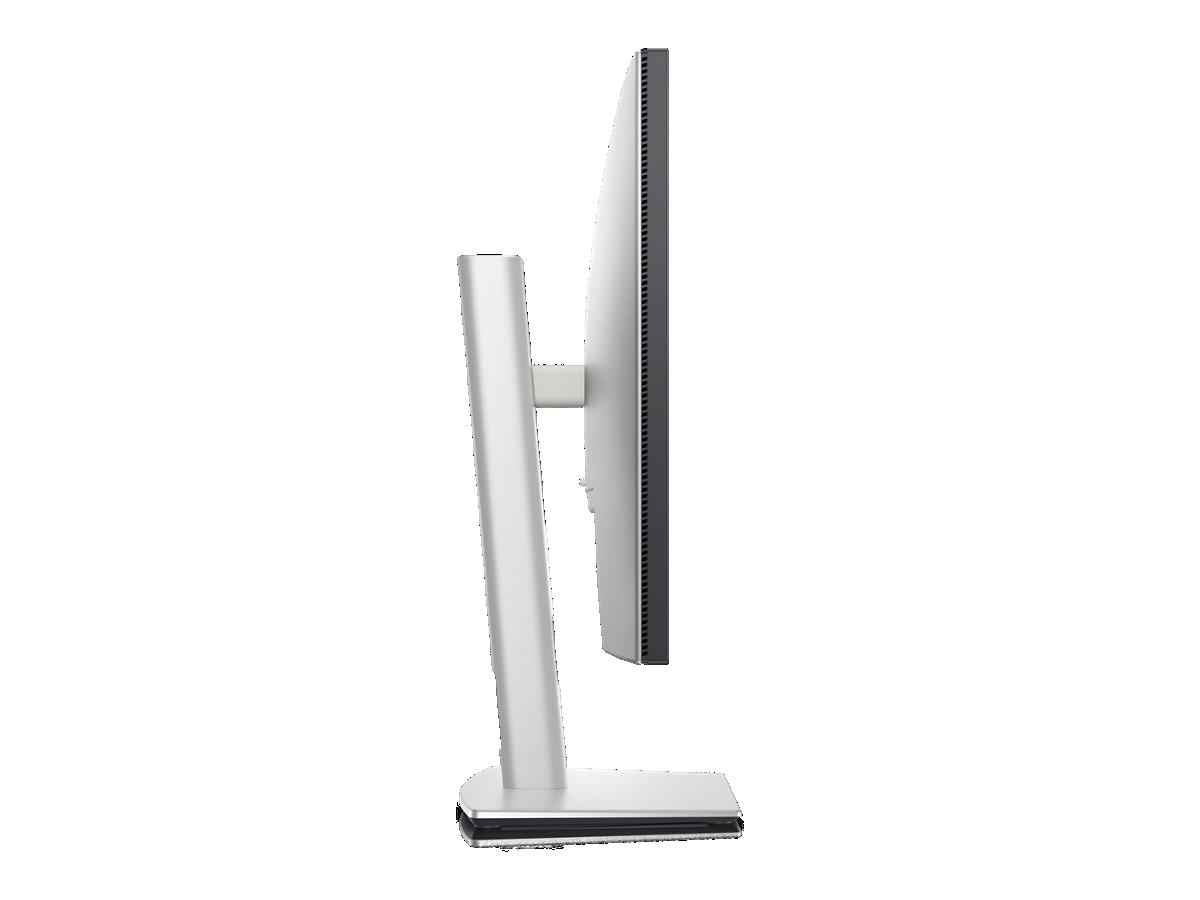
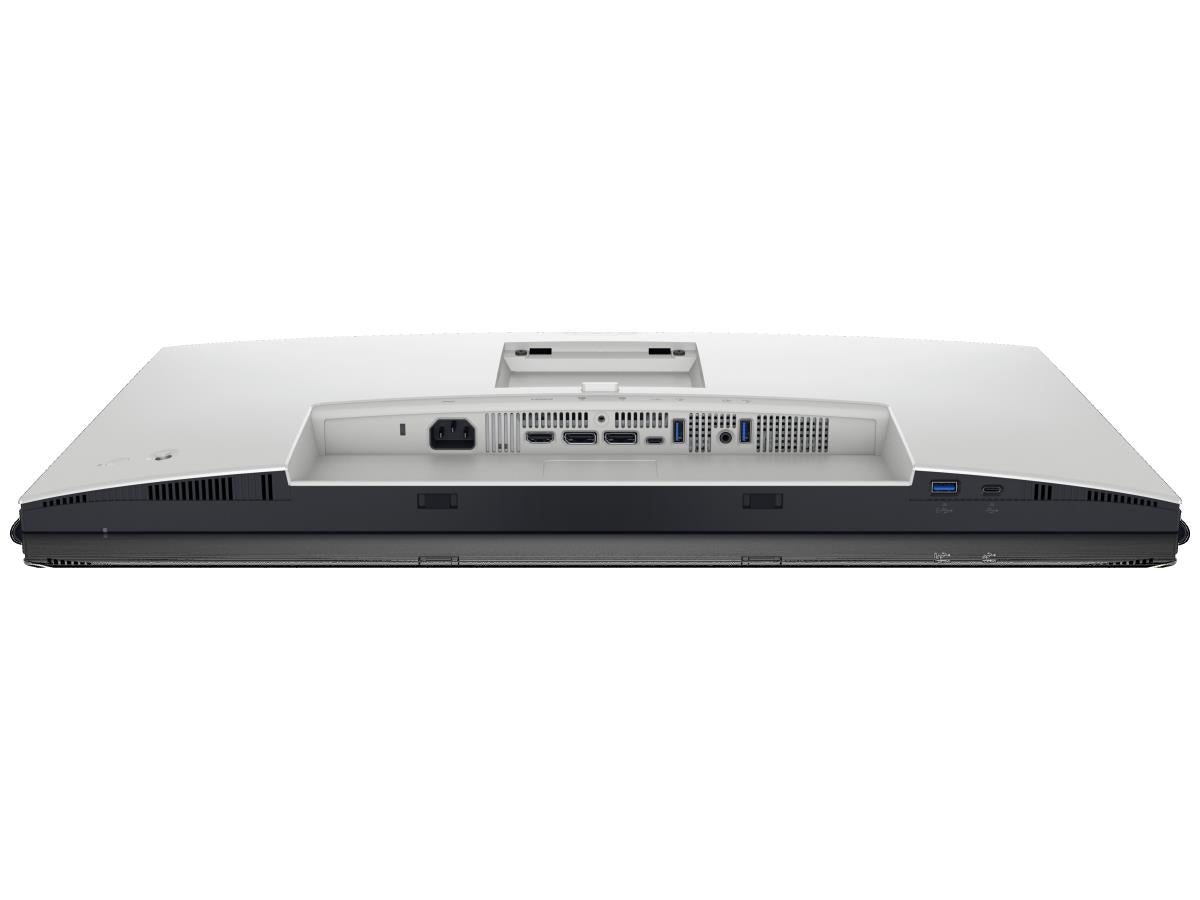
The Post-Check Protocol
-
GPU vs. Motherboard Port
Action: Always plug the video cable (DisplayPort/HDMI) directly into the Graphics Card's ports (horizontal ports) at the bottom of the PC. Why: The vertical ports on the motherboard are for integrated graphics and will not work once a dedicated GPU is installed.
-
Cable Performance Check
Action: Ensure you use a high-quality cable rated for your monitor's maximum resolution and refresh rate (e.g., DisplayPort is usually required for 1440p @ 144Hz+). Why: Using an older or lower-spec cable (like HDMI 1.4) will prevent you from accessing the monitor's full potential refresh rate and resolution.
-
Unlock Refresh Rate
Action: After booting, go to Windows Display Settings and manually set the display adapter's refresh rate to the monitor's maximum (e.g., 144Hz or 240Hz). Why: Windows defaults to 60Hz; skipping this step means you are paying for a high refresh rate monitor but only seeing a basic 60 frames per second.
-
Adaptive Sync Activation
Action: In your GPU control panel (NVIDIA Control Panel or AMD Adrenalin), ensure G-Sync or FreeSync is enabled for your monitor. Why: Adaptive Sync technologies eliminate screen tearing and stuttering, creating a smooth visual experience in games.
-
Resolution & Scaling
Action: Verify that the display settings show the monitor's Native Resolution (e.g., 2560x1440 for 1440p) and check the Windows scaling level (e.g., 100% or 150%). Why: Running at the wrong resolution results in a blurry image, while incorrect scaling makes text and icons too small or too large.
-
Ergonomics & Posture
Action: Adjust the monitor's height so the top third of the screen is at eye level and sit an arm's length away from the display. Why: Correct ergonomic positioning prevents neck strain, reduces eye fatigue, and is crucial for comfortable, long-term PC usage.

